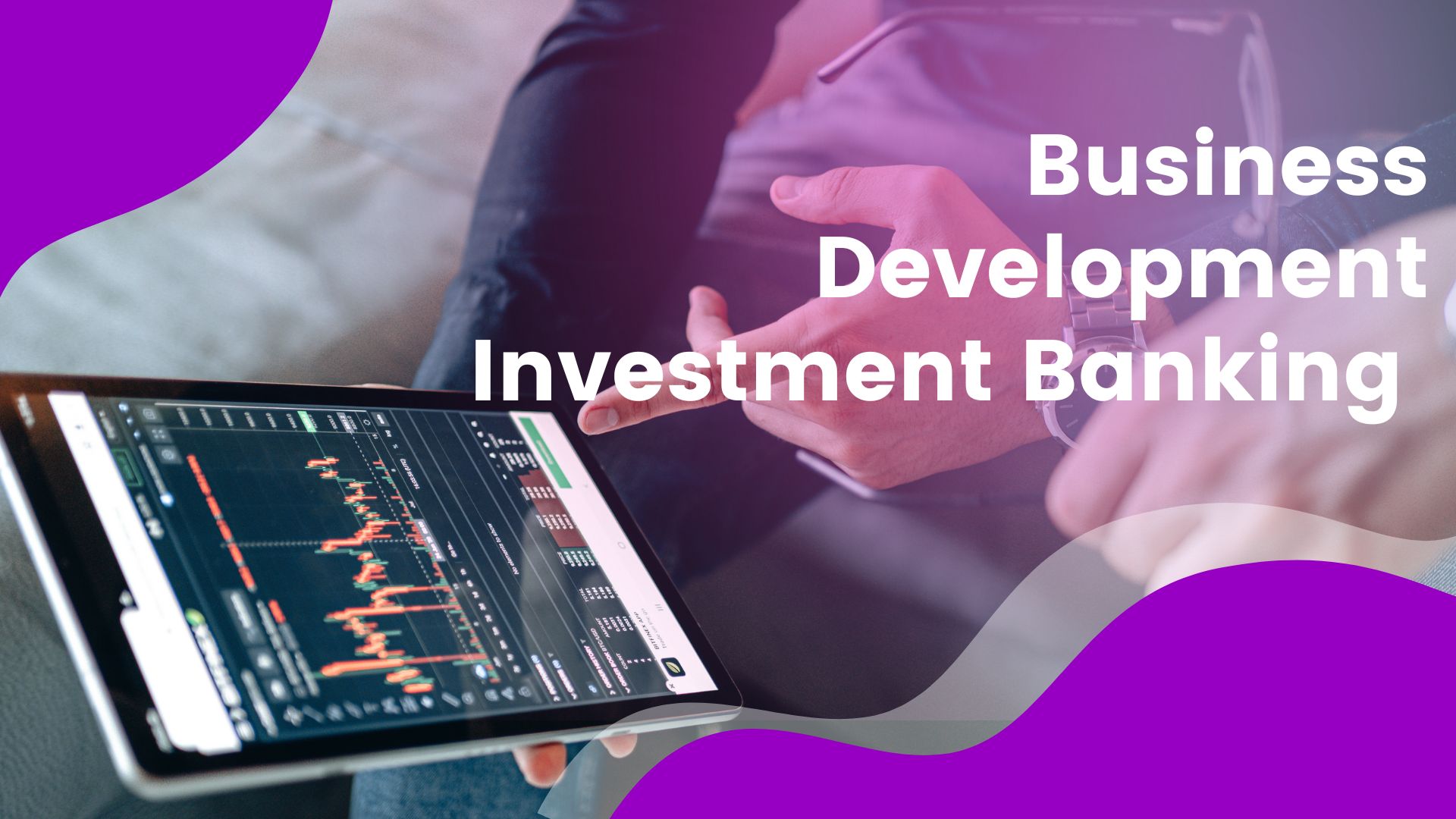Business Development is an essential part of the M&A process, serving private equity firms and investment groups. Investment banks prefer degrees in finance, accounting, and business administration.
Corporate development involves working for a company, while investment banking is intermediary work. The highest position in investment banking is Managing Director, responsible for the bank’s profitability. Business development combines strategies and decisions to increase sales. Demonstrated experience in investment banking or private equity is required for business development roles.
Investment banking to corporate development offers recruitment opportunities and unique job benefits.
Introduction To Business Development In Investment Banking
Business Development is quickly becoming an essential part of the Mergers & Acquisitions process, particularly serving private equity firms, family offices, and private investment groups. A business degree is highly preferred in investment banking, with finance, accounting, and other business disciplines being the most sought after. Corporate development involves working for the company itself, while investment banking is intermediary work. The highest position in investment banking is the Managing Director, who is responsible for the profitability of the bank. Business development is the combination of strategies, processes, and decisions that an organization takes to increase sales. It plays a crucial role in driving growth and exploring new opportunities for businesses. Demonstrated experience in investment banking or private equity is often required for business development roles.
Differences Between Corporate Development And Investment Banking
Corporate development involves working for the company. It includes dealmaking, capital raising, and restructuring activities for your own organization, rather than someone else’s.
Investment banking, on the other hand, is focused on intermediary work. It involves serving as a middleman in financial transactions, such as mergers and acquisitions, for private equity firms, family offices, and private investment groups.
While there are similarities between corporate development and investment banking, they have distinct differences. Corporate development is more focused on internal company growth and strategic initiatives, while investment banking is centered around facilitating deals and transactions for clients.
Career Growth And Advancement In Investment Banking
Business Development in investment banking has become an integral part of the M&A process, particularly for private equity firms, family offices, and investment groups. Most investment banks prefer candidates with degrees in finance, accounting, or business administration. Corporate development, on the other hand, involves working for the company itself, focusing on deal-making, capital raising, and restructuring. The highest position in investment banking is the Managing Director, who is responsible for the bank’s profitability. Transitioning from investment banking to corporate development allows professionals to work for their own company rather than as intermediaries. To advance in the field of investment banking, individuals should focus on acquiring skills and experience in complex financial modeling and analyzing investment opportunities. Demonstrated experience in investment banking, private equity, or related fields is often sought after. Overall, business development is a critical aspect of increasing sales and developing the business of an organization.
Frequently Asked Questions On Business Development Investment Banking
Is M&a Part Of Business Development?
Yes, M&A is part of business development, especially for private equity firms and investment groups.
Is A Business Degree Good For Investment Banking?
A business degree is good for investment banking. Most investment banks prefer degrees in finance, accounting, business administration, and other business disciplines.
What Is The Difference Between Corporate Development And Investment Banking?
Corporate development involves working for the company, while investment banking is intermediary work. In corporate development, you work on dealmaking, capital raising, and restructuring for your own company, not someone else’s.
What Is The Highest Position In Investment Banking?
The highest position in investment banking is the Managing Director. They are responsible for the profitability of the bank.
Conclusion
Business development plays a crucial role in the investment banking industry, especially for private equity firms, family offices, and investment groups. It involves strategies, processes, and decisions to increase sales and drive business growth. While investment banking focuses on intermediary work, corporate development is about deal-making, capital raising, and restructuring for one’s own company.
A degree in finance or business administration is often preferred in the investment banking field. Overall, business development is an integral part of the M&A process and contributes to the profitability and success of investment banks.

Olga L. Weaver is a distinguished figure in both the realms of real estate and business, embodying a unique blend of expertise in these interconnected domains. With a comprehensive background in real estate development and a strategic understanding of business operations, Olga L. Weaver has positioned herself as a trusted advisor in the complex intersection of property and commerce. Her career is marked by successful ventures in real estate, coupled with a keen ability to integrate sound business principles into property investments. Whether navigating the intricacies of commercial transactions, optimizing property portfolios, or providing strategic insights into market trends, Olga L. Weaver’s expertise encompasses a wide spectrum of both real estate and business-related topics. As a dual expert in real estate and business, she stands as a guiding force, empowering individuals and organizations with the knowledge and strategies needed to thrive in these intertwined landscapes. Olga L. Weaver’s contributions continue to shape the dialogue around the synergy between real estate and business, making her a respected authority in both fields.


